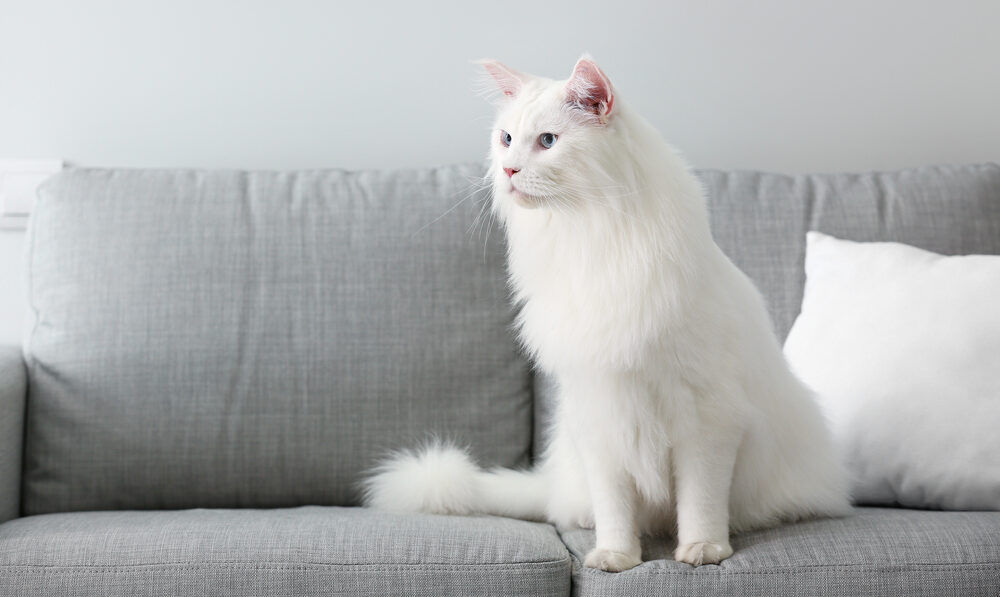Keeping cats, especially domestic ones, has become a popular topic of interest today. Cats are not only adorable and affectionate but also offer several benefits. However, some people are uncertain about whether keeping a cat is permissible in Islam. In this article, we’ll explore the benefits, drawbacks, and Islamic perspective on keeping cats at home.
Benefits of Keeping a Cat
1. Companionship for Loneliness
Cats can be wonderful companions, especially for people who feel lonely. They are loving and tend to form strong bonds with their owners, helping to ease feelings of isolation.
2. Stress Reduction
Research has shown that interacting with cats helps reduce stress. People who own cats tend to be more relaxed and happier, as playing with and petting cats provides mental comfort.
3. Natural Pest Control
Cats are natural hunters and help eliminate mice and other small pests, thus playing a role in maintaining hygiene at home.
4. Improved Heart Health
Studies suggest that cat owners may have a lower risk of heart disease. Cats can help reduce blood pressure and improve overall circulation.
Drawbacks of Keeping a Cat
1. Allergies
Some people may be allergic to cats. Their fur and dander can trigger allergies, causing respiratory issues and other health problems.
2. Cleaning Requirements
Maintaining cleanliness is essential when keeping a cat. Regular cleaning of the litter box and grooming is necessary to keep the home hygienic.
3. Financial Costs
Cats require food, veterinary care, grooming supplies, and other essentials, which can add up financially.
Islamic Perspective on Keeping Cats
1. Prophetic Guidance
Islam allows keeping cats. The Prophet Muhammad ﷺ encouraged kindness towards cats and permitted keeping them in the house. Cats are considered clean animals in Islam.
2. Animal Rights in Islam
Islam emphasizes the proper care of animals. Cat owners must ensure their pets have food, water, and basic needs. It is forbidden to harm or starve them.
3. Cleanliness Considerations
Cleanliness is half of faith in Islam. Therefore, cat owners must ensure their homes and pets are kept clean to maintain Islamic hygiene standards.
Experiences of Cat Owners
1. Cats and Child Development
Many parents believe that raising cats helps teach children compassion, love, and responsibility.
2. Cats and the Elderly
Cats provide companionship to elderly people, easing loneliness and bringing joy to their lives.
3. Cats and Busy Lifestyles
For busy individuals, cats are ideal pets as they are independent and do not require constant attention, making them low-maintenance companions.
Result
Keeping a cat at home can be an interesting and rewarding experience, provided that the needs and rights of cats are properly taken care of. According to Islamic teachings, keeping a cat is permissible, and people who keep cats should treat them with love and kindness. Cats not only become companions to humans but also provide several physical and mental health benefits. However, before keeping a cat, it’s important to consider the potential disadvantages and financial responsibilities involved.
Conclusion
Before deciding to keep a cat, thoroughly consider its pros and cons. Keeping a cat is a responsibility that must be fulfilled wholeheartedly. Treat cats with love and kindness and ensure their needs are met. According to Islamic teachings, keeping cats is allowed, and doing so brings both physical and mental benefits to a person.







